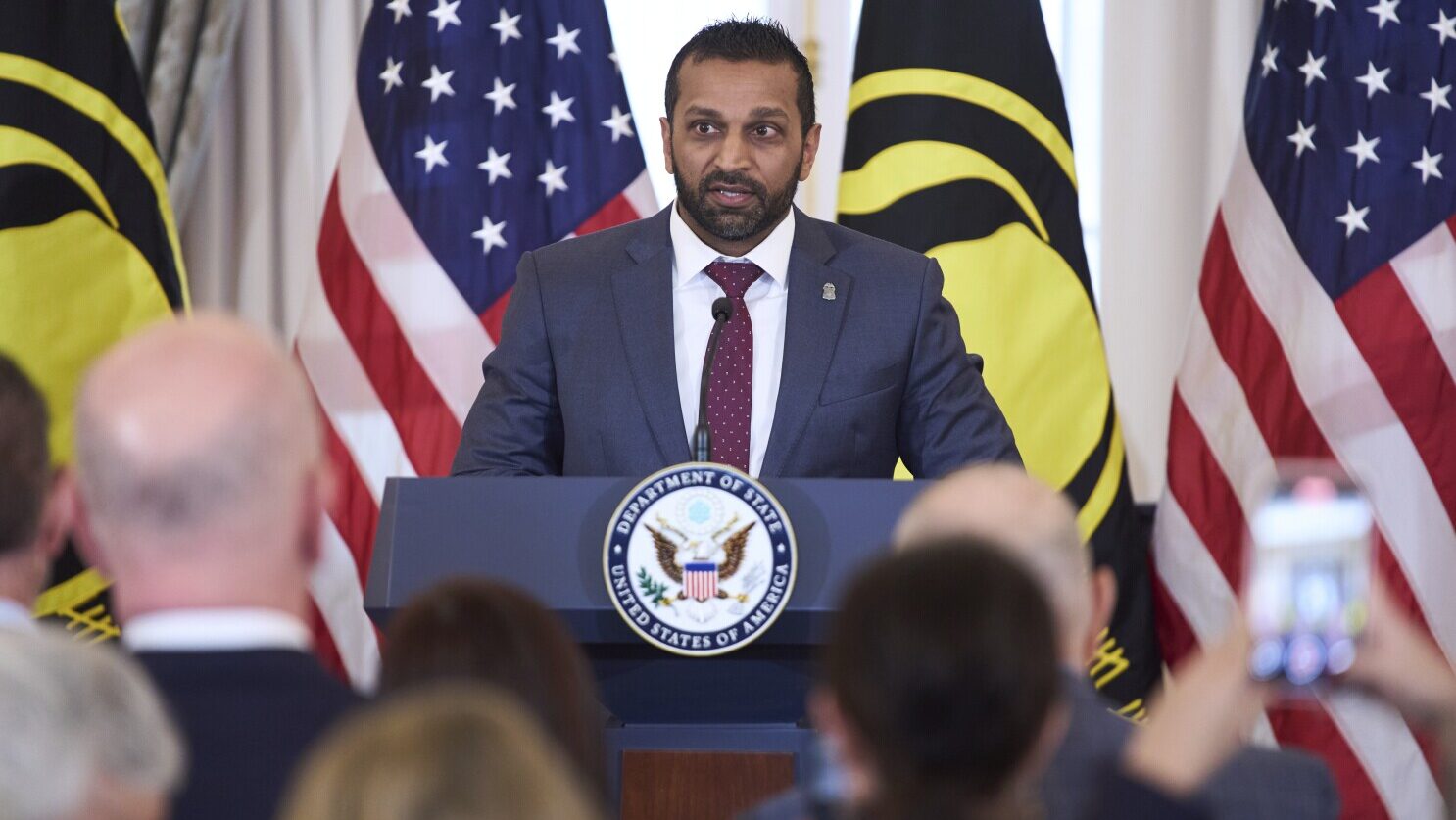In a major diplomatic breakthrough, the government of Kuwait has released ten American citizens—many of them military veterans and defense contractors—who had been imprisoned for years on drug-related charges. The move is widely seen as a gesture of goodwill toward the United States and marks a positive shift in ongoing bilateral relations between the two nations.
The detainees had been serving time in Kuwait’s prisons under strict narcotics laws, which are among the toughest in the world. Some had spent years behind bars. According to advocates and family members, many of them claimed innocence, alleging that they were falsely accused or unfairly sentenced.
Their release followed weeks of behind-the-scenes diplomatic efforts and a recent visit to the region by Adam Boehler, a former senior U.S. official and top envoy for hostage affairs under the Trump administration. The mission to bring these Americans home also involved private advocacy and legal strategizing, highlighting the growing role of non-governmental actors in complex international negotiations.
Return to U.S. Soil
Six of the ten released Americans arrived back in the United States on a flight from Kuwait to New York last week, accompanied by Jonathan Franks, a crisis management consultant who has worked on several high-profile detainee and hostage cases.
Franks, who played a key role in organizing their return, praised the Kuwaiti authorities for what he described as a “humanitarian decision.” He also commended the resilience of the released individuals, saying they had endured extremely difficult conditions during their incarceration.
“Our clients never gave up hope,” Franks said. “They are grateful to the Kuwaiti government for their release and remain hopeful that others still in custody will soon be reunited with their families.”
Though Franks and the families of the detainees have celebrated the release, many of the individuals continue to assert their innocence. In interviews, they have described mistreatment, limited legal recourse, and a justice system they felt was stacked against foreign nationals.
Long-Standing Alliance
Kuwait, a small Gulf nation nestled between Iraq and Saudi Arabia, has long been one of America’s closest military and strategic allies in the Middle East. Since the Gulf War in 1991, when U.S.-led forces liberated Kuwait from Iraqi occupation, the two countries have maintained close defense and diplomatic ties.
Roughly 13,500 American troops are currently stationed in Kuwait, making it one of the largest U.S. military presences in the region. The country serves as a key logistical hub for U.S. operations throughout the Middle East.
Despite the strong alliance, legal protections for American citizens—especially private contractors—are limited under Kuwaiti law. While U.S. military personnel are generally protected by agreements that place them under American jurisdiction, civilian contractors often fall fully under Kuwaiti legal authority.
This legal gap has led to the arrest and conviction of numerous Americans over the years, especially on narcotics-related charges. Kuwaiti law imposes some of the harshest penalties in the world for drug offenses, including lengthy prison sentences and, in some cases, the death penalty.
Allegations of Abuse and Due Process Concerns
Families and legal advocates for the American prisoners have long raised concerns about the fairness of their trials and treatment while in custody. Some claimed that evidence was planted or misrepresented, and that confessions were obtained under pressure or without proper legal representation.
“They were caught in a system that doesn’t provide the same protections we expect in the U.S.,” one family member said. “Some of these guys are veterans who served their country, and then found themselves locked up overseas without a fair chance to defend themselves.”
Although these allegations have not been formally addressed by Kuwaiti authorities, the issue has quietly become a point of friction in U.S.-Kuwaiti relations. Advocacy groups and members of Congress have at times pushed for greater accountability and for the U.S. State Department to take a more active role in negotiating their release.
A Step Forward in Diplomacy
While neither the Kuwaiti nor U.S. governments have officially labeled this as a “prisoner release agreement,” the timing and scope of the move suggest it may be part of a broader diplomatic understanding or a shift in approach by Kuwait.
Sources close to the case say additional American prisoners may still be in Kuwaiti custody, and efforts are underway to secure their release as well. Advocates remain cautiously optimistic that this latest breakthrough could lead to further progress.
The U.S. Department of State has not issued a formal statement regarding the released individuals but continues to warn American travelers of the legal risks in countries like Kuwait. A current advisory notes that drug offenses, even involving small amounts or substances legal in the U.S., can result in extremely severe penalties abroad.
An Ongoing Mission
The release of these ten Americans adds to a growing list of recent efforts by both Republican and Democratic administrations to bring detained citizens home from foreign prisons. From Russia to Venezuela to the Middle East, hostage diplomacy and citizen repatriation have become central issues in U.S. foreign policy.
This case, in particular, highlights the often murky territory faced by veterans and contractors working in foreign countries, where even minor legal infractions—or unproven allegations—can have life-changing consequences.
For the men and women now reunited with their families, the journey back home marks the end of a painful chapter. But for those still waiting behind bars in Kuwait, and for their loved ones, the fight continues.
Conclusion
The release of American prisoners from Kuwait is more than just a news headline—it’s a powerful reminder of the risks that U.S. citizens, especially veterans and contractors, face while serving abroad. It also underscores the value of diplomacy, advocacy, and persistence in the face of international legal challenges.
As the U.S. works to secure the release of more Americans worldwide, this development offers hope—and perhaps a roadmap—for future successes.
Do follow gulf magazine on Instagram
for more information click here



